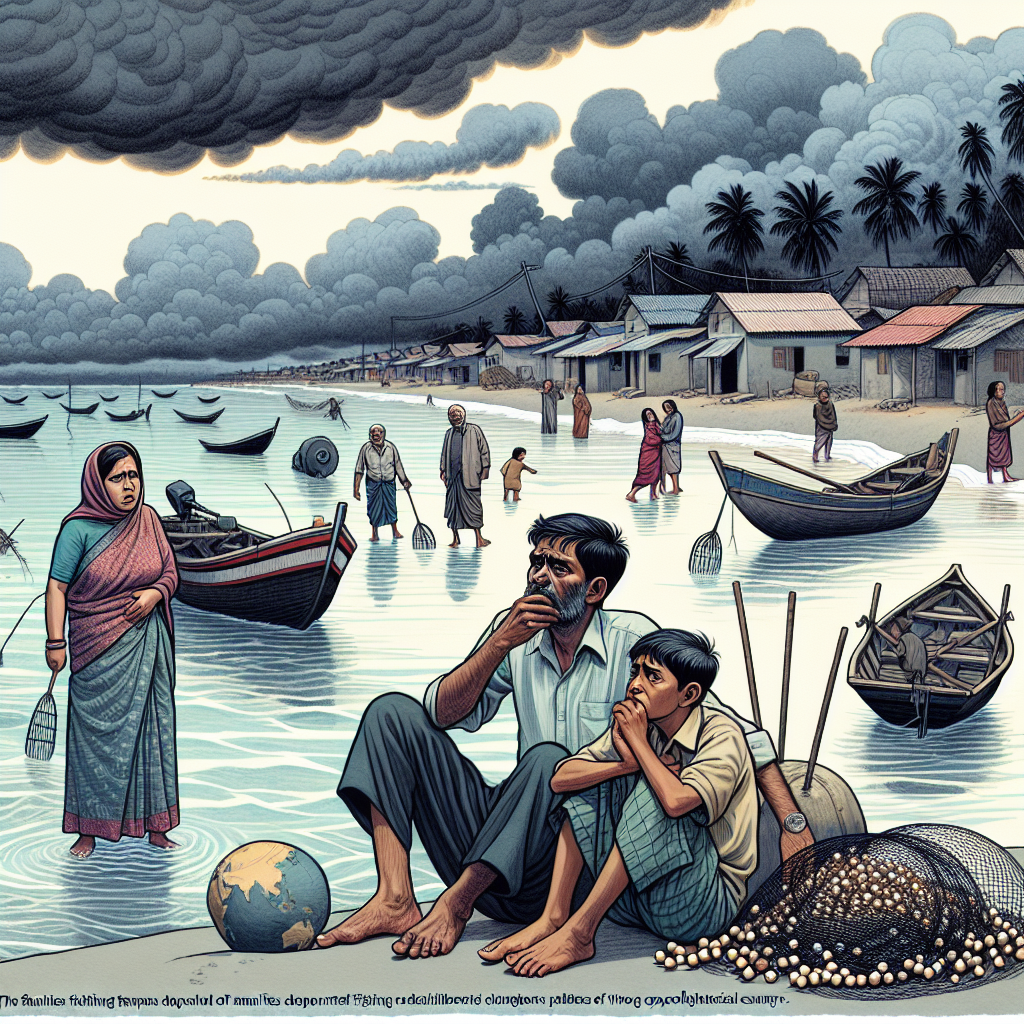Caught in Conflict: How India-Pakistan Tensions Leave Fishing Families in Debt and Poverty
Caught in Conflict: How India-Pakistan Tensions Leave Fishing Families in Debt and Poverty
Introduction
The ongoing tensions between India and Pakistan have far-reaching impacts beyond political and military spheres, significantly affecting the livelihoods of fishing communities along their shared maritime borders. This conflict has plunged many families into debt and poverty, exacerbating their already precarious economic conditions.
Impact on Fishing Communities
Fishing families in the region face numerous challenges due to the geopolitical tensions:
- Frequent Arrests: Fishermen often find themselves inadvertently crossing the maritime boundary, leading to arrests and prolonged detentions.
- Confiscation of Boats: Boats, a primary source of livelihood, are frequently confiscated, leaving families without means to earn a living.
- Legal and Financial Burdens: Families incur significant legal expenses to secure the release of detained fishermen, pushing them further into debt.
Economic Hardships
The economic impact on these communities is severe:
- Loss of Income: With breadwinners detained, families lose their primary source of income.
- Increased Debt: To cope with the financial strain, families often resort to high-interest loans, deepening their financial woes.
- Poverty Cycle: The combination of lost income and mounting debt traps families in a cycle of poverty.
Humanitarian Concerns
The humanitarian implications of this conflict are profound:
- Psychological Impact: The constant fear of arrest and detention takes a toll on the mental health of fishermen and their families.
- Social Disruption: Prolonged detentions disrupt family structures and community cohesion.
- Children’s Education: Financial constraints often force families to pull children out of school, affecting their future prospects.
Conclusion
The India-Pakistan maritime conflict has dire consequences for fishing communities, trapping them in a cycle of debt and poverty. Addressing these issues requires diplomatic efforts to establish clear maritime boundaries and humanitarian measures to support affected families. Without intervention, these communities will continue to suffer the brunt of geopolitical tensions.




































